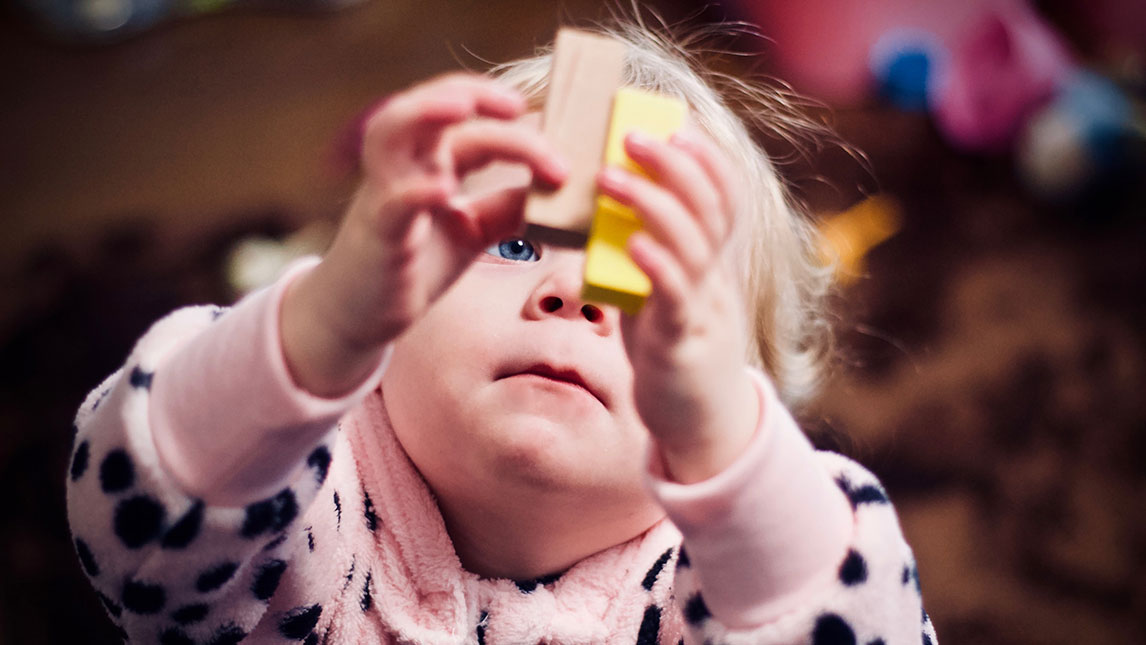Developing Fine Motor Skills
Magazines, blog articles, parenting pages and government agency sites all contain information about fine motor skills in child development. This information overload can be overwhelming, not to mention confusing so let’s talk about DEVELOPING FINE MOTOR SKILLS
BABIES are born with involuntary reflexes including the survival reflex of sucking. They will also curl their fingers if you stroke their palm and tightly curl their toes if you rub the sole of their foot. Young babies can’t control these these involuntary reflexes. However as their strength increases and understanding of the world develops, voluntary movements take over.
At around 4 months babies start to reach for objects and grasp them but can’t control what they do with them. This control relies on the development of brain function, body strength and lots of repetition. Babies benefit from regular tummy time to build neck and core strength which is the basis of their physical muscle development. A balanced diet, sleep and exposure to lots of faces, voices, words and simple experiences are also needed for balanced, all round growth and development.
Large whole body movements such as pulling, pushing, crawling, sitting, standing and walking are referred to as Gross Motor Skills.
Fine Motor Skills involve the use of the smaller muscles of the hands. We use these skills in everyday life to perform tasks like doing up buttons, using pegs, cracking an egg, writing and using scissors.
Developing these skills is not easy.
- Good hand strength is essential, as is practice at using both hands to perform a task (think about holding a piece of washing on the line with your left hand and using the peg with your right).
- Lots of practice holding and manipulating objects of different sizes, shapes and textures is also required.
- Playing with water (including jugs and pouring), sand play, using paint and glue (squeezing paint tubes, finger painting, brush painting and test tube drippers). Squashing, rolling, cutting and manipulating dough is fantastic for developing hand strength as well as fine motor skills
- Using tools such as small tongs and tweezers helps to refine the process. Young children love to transfer small pom poms, cotton balls, pasta or small toys from one bowl to another with these tools
- Colouring and drawing are also fantastic for developing fine motor skills
- Simple toys can also be useful. Things like wooden blocks, threading and lacing toys, stacking toys and puzzles are all great choices
- Everyday household items are also great to practice on. Consider plastic containers with different types of lids. A spray bottle filled with water and an old face washer can be used to clean the sliding glass door. How about popping bubble wrap, posting tooth picks in an icing sugar shaker, threading large nuts onto bolts, peeling a banana or squeezing juice! The possibilities are endless.
Of course safety is always a concern so check items for sharp edges and loose pieces and adequate supervision is necessary.
DEVELOPING FINE MOTOR SKILLS is for general information only. If you have any questions or concerns about your child’s health and development, please contact your local health professional.
Thanks again


